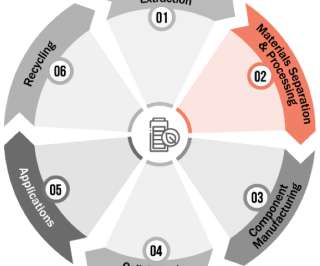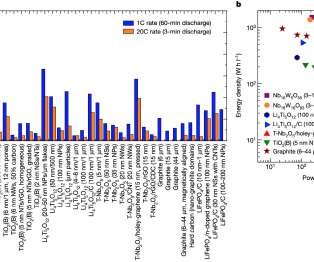ECS announces 2023-2024 ECS Toyota Young Investigator Fellowship recipients
Green Car Congress
AUGUST 16, 2023
Yaocai Bai and Yuzhang Li have received the 2023–2024 ECS Toyota Young Investigator Fellowships for projects in green energy technology. Bai received his BS in Materials Chemistry from the University of Science and Technology of China in 2010 and MS in Materials Science in 2012 from King Abdullah University of Science and Technology.
























Let's personalize your content